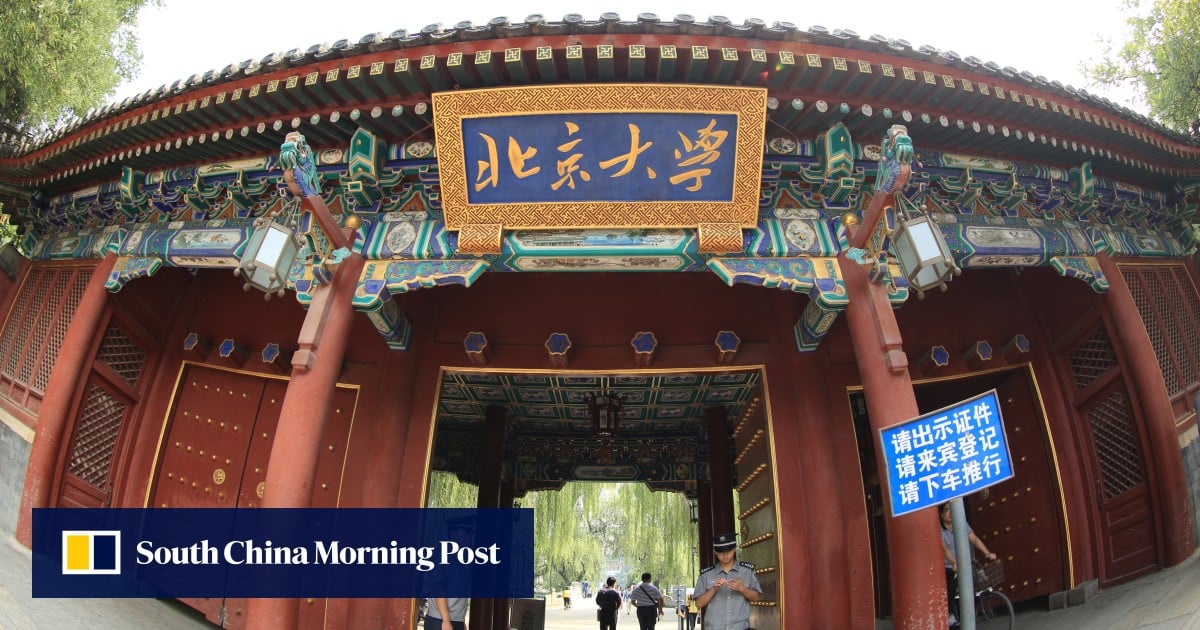Chinese Universities Outperform US Institutions in AI Rankings: Introducing DeepSeek

The Surge of AI Research in Chinese Universities
Recent Trends in AI Research
In recent years, the field of artificial intelligence (AI) has experienced a remarkable surge in research productivity among Chinese universities. Data indicates a significant increase in AI-related output from these institutions, allowing them to outpace their American counterparts. This rapid growth is reshaping the landscape of technological innovation and advancements globally.
The Rise of DeepSeek
One of the notable outcomes of this surge is the unexpected success of DeepSeek, a Chinese AI company. DeepSeek has developed a powerful AI model that leverages the talent pool of local university graduates. This strategic advantage has allowed the company to create its AI solutions at a much reduced cost and with lower energy consumption compared to the prominent U.S. firm, OpenAI, which is known for its product, ChatGPT.
Leading Institutions in AI Research
According to AIRankings, a website that evaluates research productivity, Peking University has consistently topped global rankings for AI research output. This renowned institution has positioned itself as a leader in this rapidly evolving field since 2022. Peking University is home to several specialized institutes focused on AI, one of which is led by Zhu Songchun.
Zhu Songchun’s Vision
Zhu Songchun heads both the Institute for Artificial Intelligence and the School of Intelligence Science and Technology at Peking University. His expertise in computer vision has garnered him recognition as an award-winning specialist. In 2020, Zhu returned to China from UCLA (University of California, Los Angeles) and has since played a vital role in advancing AI research in the country.
At a forum held by Peking University in January, Zhu shared insights about the prevailing narrative of U.S. dominance in science and technology, especially in AI. He pointed out that while this image has sparked Innovation and funding in the U.S., it has also affected the confidence of researchers and innovators in other countries.
China’s Aspirations in AI Development
Zhu emphasized that China aims to build world-class technologies inspired by its unique perspectives rather than merely imitating Western models. He believes that Chinese researchers and developers are fully capable of leading the charge in the era of general AI, advocating for a distinctive approach that reflects China’s capabilities and innovative spirit.
Key Factors Behind the Growth
Investment in Education: Significant government and institutional investment in higher education and research has been crucial in nurturing AI talent.
Collaboration with Industries: Partnerships between universities and tech companies have accelerated the development and application of AI technologies, fostering a practical environment for research.
Focus on Talent Development: A dedicated approach to cultivating local talent has resulted in highly skilled graduates who can contribute effectively to the tech industry.
- National Initiatives: The Chinese government has implemented numerous initiatives to promote AI research and development, providing a conducive environment for rapid advancements.
Implications for the Global AI Landscape
As Chinese universities continue to rise in AI research output, the global dynamics of technology and innovation are bound to shift. This development raises important discussions about international collaboration, competition, and the diversity of ideas and approaches within the AI sector.
In summary, the increasing focus on AI research in China is a significant development with far-reaching consequences for the global AI landscape, as institutions like Peking University lead the charge towards new technological frontiers.





